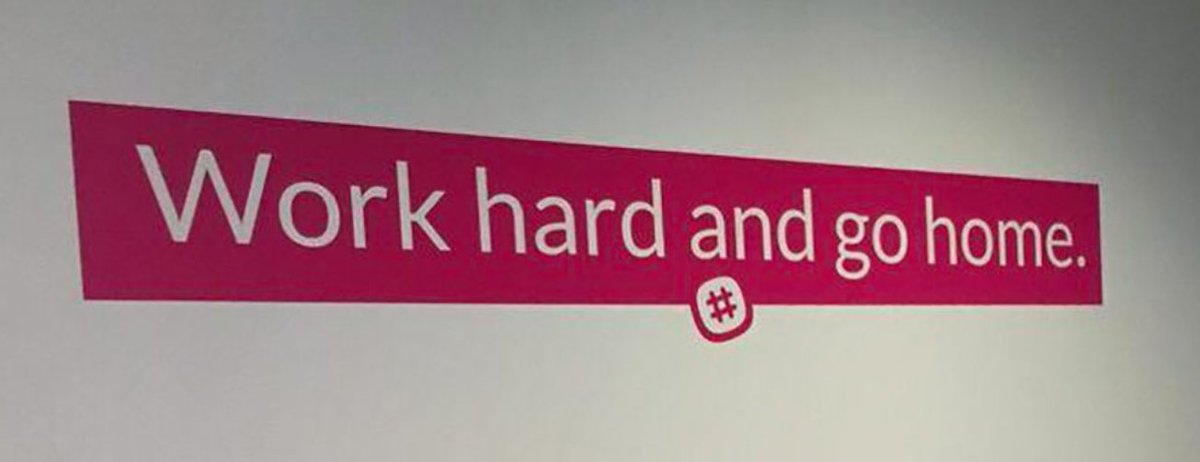
I am a big believer in doing focused work during work time and then NOT working evenings and weekends. Here are some of the tools and practices that I find useful with this (thread)...
#AcademicTwitter @AcademicChatter @PhDVoice
#AcademicTwitter @AcademicChatter @PhDVoice

I get a *lot* of email and I have tried a lot of email systems over the years. This year I started using a modified version of the Stack Method and it is working very well for me.
#AcademicTwitter
stackmethod.com
#AcademicTwitter
stackmethod.com
I am fortunate in that my university’s email system (Entourage) has an email scheduling option. One of the best ways to stop receiving email outside work hours is to stop *sending* email outside work hours. Strongly recommend.
#AcademicTwitter #Email
#AcademicTwitter #Email
My email signature clarifies my approach: “Note: I typically reply to email between 6-7 am and 4-5 pm CST, Monday-Friday, within two working days. Out of respect for your work-life balance, please know that I do not expect responses to my own email outside of normal work hours.”
This year I started using the Full Focus planner system. It is based on quarters (rather than the full year), prompts prioritization and weekly reviews, and ensures the priority stuff doesn't get lost in the mash of other stuff. I love it. @MichaelHyatt
talkable.com/x/IGxf2T?fbcli…
talkable.com/x/IGxf2T?fbcli…
This fall, my coauthors and I scheduled a weekly writing session. GAME CHANGER. The book is moving along nicely and it is often the best part of my work week. If you are writing with others, I strongly recommend trying this.
(@JLisaYoung & @JonathanMalloy - hi!) #AcademicTwitter
(@JLisaYoung & @JonathanMalloy - hi!) #AcademicTwitter
https://twitter.com/loleen_berdahl/status/1301977023632474113
For years I have done almost all of my word processing work in Google Docs. I find that people either love Docs (that would be me) or are not fans. It works for me because it is excellent for collaborative work and it is accessible to me on all of my devices.
Saying no to invitations is hard for me, particularly because I want to do more things than my time and energy actually allow. To make it easier, I created a ‘no’ email signature file that include draft ‘no’ text that I modify.
#AcademicTwitter
#AcademicTwitter
I have email signature files for a number of common email needs: expense claims, grad school inquiries, media requests... I find having a draft text to work from gets me over the procrastination hurdle and helps me to respond to things in a timely fashion.
I am a huge, huge fan of my Pomodoro timer app. I use it in two ways: to get me started on tasks I don’t want to start and to help me limit time on tasks that I don’t want to devote too much time to.
#AcademicTwitter
#AcademicTwitter
My schedule rarely allows for big blocks of writing time. I find that the #WriteFor10Mins daily writing approach works well for me. In my experience, writing for 10 mins (or more, if the spirit moves me) at the start of the day leads to great results.
#AcademicTwitter
#AcademicTwitter
https://twitter.com/loleen_berdahl/status/1091106890262724609
What productivity tools and practices do you use to protect work-life balance? Are there any that you plan to try soon?
#AcademicTwitter #AcademicChatter @AcademicChatter #phdchat
#AcademicTwitter #AcademicChatter @AcademicChatter #phdchat
• • •
Missing some Tweet in this thread? You can try to
force a refresh


